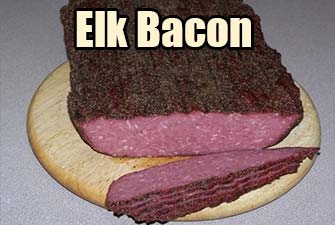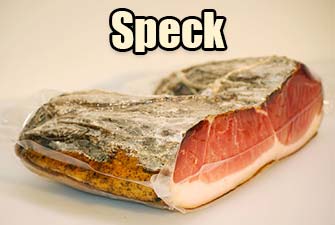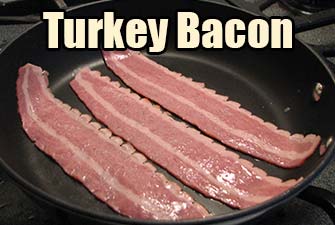Understanding Labels on Bacon packs
It is advisable to understand the labeling when purchasing any kind of bacon. This is so important, especially when trying to eat healthily. All meat bacon is low carb and gluten free unless it has non-meat fillers, thus bacon labeled gluten free or low carb really doesn’t mean anything.
Most people want to avoid added chemical nitrates. Any bacon not labeled organic, uncured or chemical nitrate free has been treated with synthetic chemical nitrate preservatives, regardless of whether it is, pork, turkey, chicken, beef or some other type of meat.
If you come across the word ‘n7atural’ that doesn’t mean that it is healthy, or that it is added chemical nitrate free, organically raised, grass fed or any of that. ‘Natural’ can be one of the most misleading words in bacon and with other meat labeling – this is because the only thing ‘natural’ means is that there was only one type of meat used to make that bacon or other meat product.
Any bacon not labeled grass fed, organic, naturally raised or free range, while leaner, higher in protein, lower in calories and healthier than pork bacon, is made from meat reaped from feedlot cattle and is not nearly as healthy or as tasty as the best uncured organically raised grass fed beef.
Feedlot in comparison with Organically Raised, Free Range, Grass Fed, Uncured
Feedlot cattle consume an unnatural diet that characteristically consists of GMO soy feed, antibiotics, and synthetic hormones. The synthetic hormones cause the cattle to grow much bigger much faster. This makes way for the cattle farmers to make more money, but it can also cause feedlot cattle meat to be much fattier, higher in calories and cause unwanted weight gain in humans.
Apart from having a lot more fat and calories than organically raised, free range and grass fed beef, traces of these synthetic weight gaining hormones are seen in the bacon and other meat products harvested from feedlot cattle. These synthetic hormones are then transmitted to us when we eat it.
Antibiotics are given to feedlot cows, pigs, chickens, turkeys or other industrial raised animals to prevent them from getting sick. Nonetheless, just like the synthetic hormones given to feedlot cattle, traces of these antibiotics are found in the bacon and other meat harvests from non-organically raised animals.
As you eat any kind of bacon harvested from non-organically raised, free range, grass fed livestock, you expose the microbes in your body to small amounts of these antibiotics. This can lead to strains of “super bacteria” resistant to the antibiotics we take when we get sick.
Having had a relatively clear understanding of our subject, it is worthy of note that Beef Bacon is now replacing regular bacon as the preferred choice. It is fast becoming an indispensable ingredient in household kitchens and restaurants, taking the place of the unhealthier conventional products. So, next time you are concerned about weight or calories, think of the beef brand.




